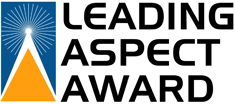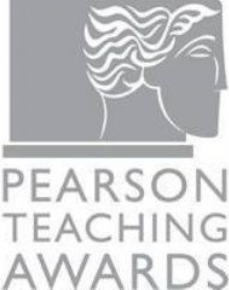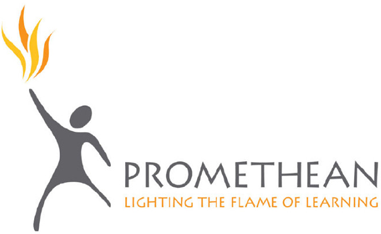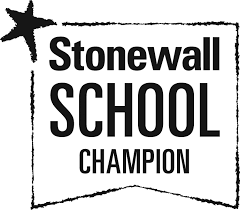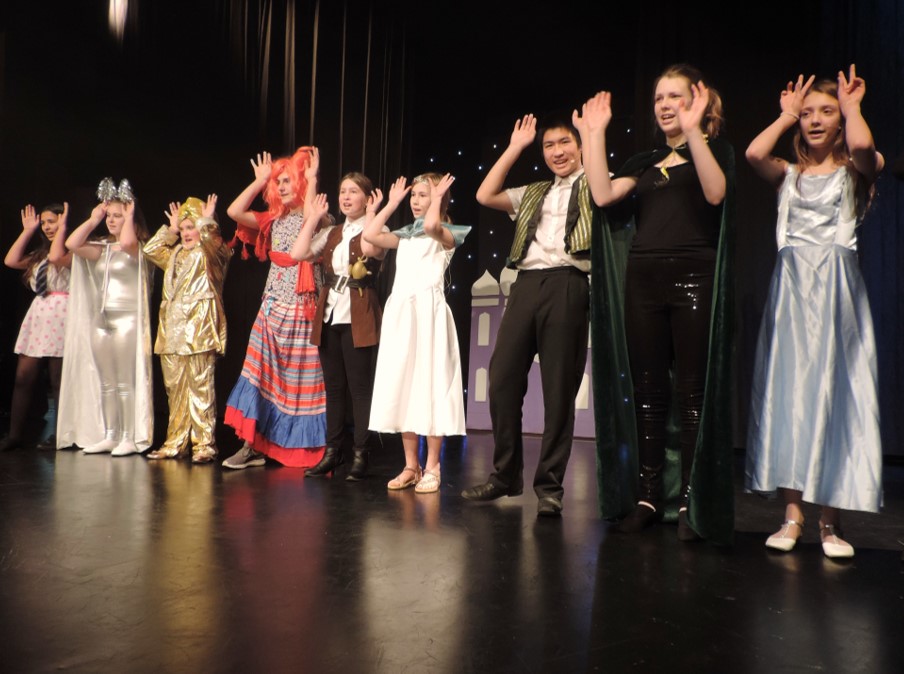 Drama
Drama
Name : Miss N Cooper
Position : Curriculum Area Leader
Email address : nms@selbyhigh.co.uk
We are committed to developing maturity, independent learning, creative thinking, co-operation and understanding of citizenship through practical performance and discussion. Drama at SHS should be fully inclusive and develop practical performance skills and awareness of genre, culture, and convention.
The skills developed through the study of drama prepare students for the world of work focusing on those areas deemed most important by the business community: confidence; teamwork; responsibility; communication; creative thinking; working to deadlines; problem solving; evaluation; co-operation; focus; and emotional maturity. An understanding and ability to use these skills complements all other areas of school life and students studies.
KS3
In Key stage 3 all classes are taught in mixed ability and gender teaching groups. We have high expectations of all students. They work on developing basic drama skills as above as well as the conventions of performance skills. They will learn self-discipline and develop their confidence in public presentation of work and learn to offer and accept constructive criticism. The development of oracy skills is key focus to enable students to employ key evaluative skills, an acceptance of others, demonstrate mutual respect and encouragement of others in a safe environment.
Schemes include areas of SMSC where students learn to acknowledge the viewpoints of others and to understand possible repercussions of certain behaviours. They also develop work around literary works and look at specific drama genres and styles.
KS4
Introduction to GCSE
Students will undertake acting, voice and movement workshops to build on existing skills learnt in KS3. These will explore how actors develop their professional practice and general stage work. Students will begin to learn develop skills in new genres and styles and how to create using the techniques of theatre practitioners such as Stanislavski, Artaud & Brecht. Practical work on at least three published play scripts will be undertaken- including two which will form the introduction of texts which will be revisited in component 2 and component 3.
Component 1: DEVISING DRAMA
The aim of this component is to explore a given stimulus item through practical exploration and create a piece of devised drama. Students will explore their preferred, chosen stimulus from the ten items provided by OCR. Following teacher workshops, students will explore and develop their understanding of how to use the devising process to communicate meaning in theatrical performance; to apply theatrical skills to realise their own artistic intentions; and to analyse and evaluate their own work. Students will complete a portfolio of evidence during the devising process, a final performance of their drama piece and write an evaluation of their own work.
Assessment
This will take the form of a video of their final performance piece and a written portfolio which will include:
- Written portfolio containing the research and development of the devising journey containing notes, diagrams, photographs, research, evaluation and the written journey.
- Fully developed devised performance of 5-15 minutes (dependant on chosen group size of between 2-6).
Component 2: PRESENTING & PERFORMING TEXTS
Practical examination which is externally assessed
This component provides an opportunity for students to be taught theatrical skills and then be assessed on what they have learnt in a practical way. Students will read and practically explore a whole play text as a class, considering how the social, cultural and historical aspects of the text might have an impact on their realisation. They will then choose two extracts to develop in order to present their performance skills. The performance is assessed based on their performance onstage. Students can access the full range of marks in the assessment, regardless of whether they are taking a leading, supporting or accompanying role. Students will complete a written concept pro forma answering four questions that describe their research on the text and their artistic intention for the performance. They will interpret the playwright’s intention, leading them to communicate the extracts in a way that will engage the audience. Students will consider the style of presentation; their role and its development into one that has an impact and is appropriate for the extract; characterisation and the relationship of their roles with others and with the audience. This will lead to a live realisation in which two extracts will be performed as a showcase to an audience that includes the OCR visiting examiner.
Assessment:
- Two performed extracts from the studied play text to the visiting examiner (2-15 minutes for each extract dependant on group sizes of between 1-6)
- Concept proforma – written answers to OCR’s four key questions.
Component 3: PERFORMANCE & RESPONSE
The written exam component, here students need to demonstrate knowledge and understanding of how drama is developed, performed and responded to. Students must also be able to reflect on and evaluate the work of others. Students will explore practically and in depth both a whole performance text and the development of drama and performance. They are then assessed on the knowledge, understanding and skills they have learnt. Through their practical study, students will learn how characters and performances communicate ideas and meaning to an audience.
Assessment:
The written exam paper has two sections: The study of a performance text and the development of drama and performance in Section A and an evaluation of the work of others in Section B.
- For Section A, students will study and explore the performance text Blood Brothers to equip them to answer this section of the paper.
- In Section B, students will write a theatre review response from a live show seen during the GCSE course in relation to the specific question on the exam paper.
Assessment: Controlled coursework and examined
In Year 11 the controlled practical coursework weeks will take place the last week in November for Component 1, the end of February/ beginning of March for Component 2, subject to agreement with the exam board after January. In both of these components students will have ten hours to develop their final ideas for performance using all the key areas studied.
The component 1 portfolio will be completed during the initial stimulus exploration phase, during the practical rehearsals and following the final performance. The videoed performances and completed portfolios will be posted to OCR external moderators.
In component 2 the concept proforma questions are completed during the rehearsal phase and posted to the external examiner two weeks prior to their visit on the actual performance day.
The final written exam is in May.
Clubs / Extra Curricular Activities, visits and trips
- Whole school production rehearsals Monday & Thursday lunchtimes & after school.
- Drama clubs (outside whole school production periods) Monday & Wednesday lunchtimes.
- GCSE theatre visit to Blood Brothers (York/ Leeds theatres)
- GCSE visiting theatre company performs in school to enable Live Theatre Review (Part B of the GCSE written exam).
- Session 6 is available on Tuesday nights after school for all GCSE Drama students in Y11.
- PA3 is opened up during lunchtimes, when the room is not already in use, at students’ request to rehearse/seek teacher support and advice.

